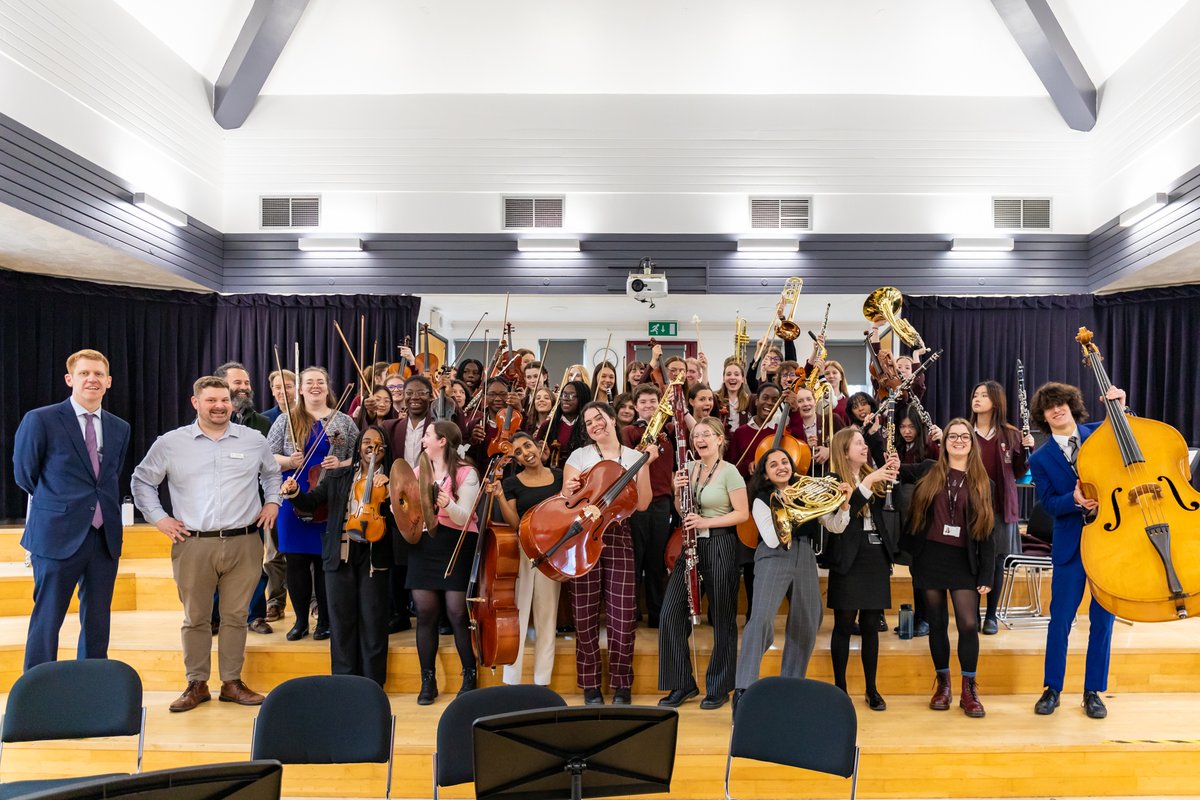Latest News
Alice Ames - Women In Leadership
Name: Alice Ames
Role: Detective Superintendent
Company/Organisation: Kent Police
A bit about you: Hello! My name is Alice, and I am a Detective Superintendent with Kent Police. I currently serve in the Force Crime and Incident Response department, where I lead a team of approximately 700 individuals—comprising both civilian staff and warranted officers. Together, we manage all forms of initial contact with Kent Police, including our control room, which handles between 2,500 to 3,000 contacts daily. From dispatching officers to urgent incidents, to overseeing crime recording, initial investigations, and departments such as duties, learning and development, front counters, and operational support—my teams are at the heart of our frontline response. So, whether you see firearms officers on the move, a police pursuit, or a helicopter overhead, it’s likely my teams were involved in the initial command of that situation.
I have worked for Kent Police for 21 years, and in that time, I’ve experienced a wide variety of roles—it truly feels like multiple careers in one. From frontline response and crime group investigations, to specialising in Domestic Abuse, custody, and neighbourhood policing, the diversity of opportunities is one of the things I love most. Where else could you go from being a Detective Inspector one week to starting your training as a firearms commander the next? Kent Police is a supportive organisation with vast opportunities for both lateral movement and promotion. The welfare and support systems are excellent, and there really is something for everyone.
Why did you decide to go into your chosen field? I applied to join Kent Police during my final year at university, driven by a desire to help people. I didn’t have a specific role in mind—I simply wanted to serve on the front line and make a difference. Today, there are multiple entry routes into policing, including graduate pathways, making it more accessible than ever.
What qualifications and work experience did you need to reach your current position? Although I joined with a degree, it wasn’t a requirement. What mattered more was life experience. I’d been working since the age of 14 and held a public-facing junior management role alongside my studies. These experiences helped me develop resilience, communication skills, and problem-solving abilities—all essential in policing. Currently, I’m studying for a master’s degree in leadership via distance learning, which I’m undertaking part-time alongside my full-time role. This is a personal development choice, as Kent Police provides all the necessary training internally.
What do you enjoy the most about your job? Without a doubt, it’s the people I work with. I’m deeply motivated by improving the service we provide to the public and by supporting others to reach their potential. The role is challenging and ever-evolving, but it’s also incredibly rewarding.
What obstacles have you overcome in your career? A 20-year career in policing comes with its share of personal and professional challenges. I’ve faced moments of self-doubt and struggled with confidence, but thanks to strong mentors and supportive colleagues, I’ve grown through those experiences—and now use them to support others. I also have two children and, as most working mums will know, the juggle to get a work and home life balance is never easy. I would never describe them as an ‘obstacle,’ but the mum guilt and the work guilt is real. Still, I’m proud to be both a mum and a “Ma’am,” and I hope to show others that you don’t have to choose between the two—you can do both.
Why do you think it is important to have strong female representation in your industry? It’s so important that policing reflects the communities we serve. That means embracing diversity in all its forms—backgrounds, cultures, styles, and gender. I’m proud to be a role model for other women and to demonstrate that female officers can thrive and lead in this field. Emotional intelligence is increasingly recognised as a key trait of successful leaders, and it’s something many women naturally bring to the table. Policing values this, and it’s one of the many reasons why strong female representation is essential.
What advice would you give to those wanting to take a similar career path? Do it! Attend recruitment events, speak to people who work for Kent Police, and explore the wide range of roles available – both as civilian and warranted. Embrace opportunities that challenge you or push you out of your comfort zone. You won’t regret it!


























